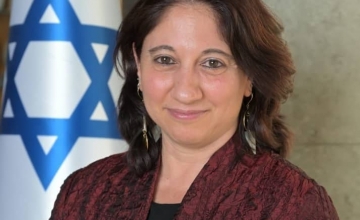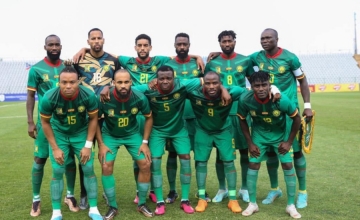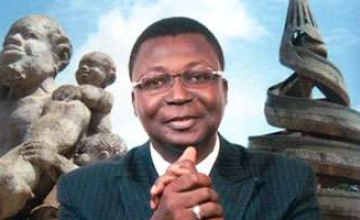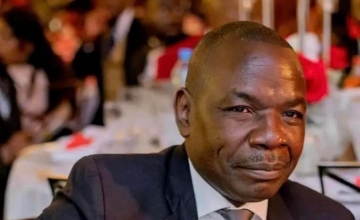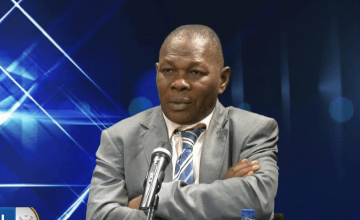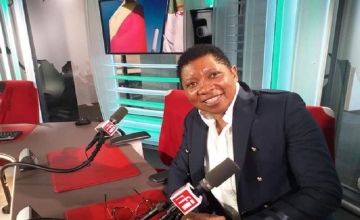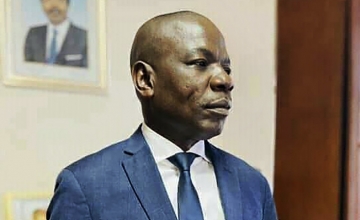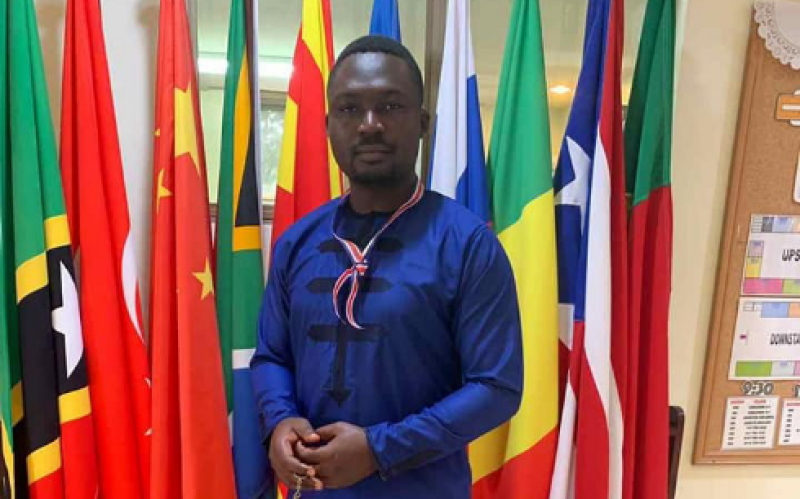
This is the kernel of his research titled “British Southern Cameroons (Ambazonia): A Similitude of Eritrea, Panacea From The Balkans” and published in the International Journal of Scientific & Engineering Research.
“In this article, I acknowledge the fact that there are grounds for Anglophones to seek external self-determination,” says Fichanfie. “At the same time, the government of Cameroon’s position is understandable, as no government in the world would like the territorial integrity of its State to be compromised.”
The expert in peace and conflict posits that both warring parties must find common ground lest the situation degenerates beyond an irreversible point.
“A solution to the Anglophone crisis could take into consideration the underlying interests of the two parties and cause them to shift positions. Anything less than a confederation and consociation configuration is bound to fail,” Fichanfie posited. “The government is playing on time, hoping for people to get weary or fed up with the separatist fighters. However, such a bait is bound to backfire and end with an ultimate goal of separation.”
In providing a practical guide to resolving the Anglophone problem, Fichanfie says the government must go beyond addressing institutional frameworks or societal constructs.
Hear him: “The conflict, which hinges on identity, has not-surprisingly become intractable. Therefore, it is of absolute necessity to adopt a complex conflict-resolution and peacebuilding strategy that would go a long way to not only address the institutional frameworks but also target the psychological constructs, which have made the conflicting parties stick to their various positions. Concerning revamping the institutions, I advise that the case of Bosnia and Herzegovina be adopted.”
Having examined the reasons for the present quest for independence by the Anglophone minority in Cameroon and assessed government response to this quest, Fichanfie believes that a confederal constitution can immediately bring an end to hostilities and popular support for independence.
“However, if the parties do not seize this opportunity, the war will take longer and the consequences will be more devastating and may result even to a split of the country on more harsh terms than would have been if they agreed earlier,” he says.
He adds that: “Confidence building strategy is the very first important thing for the parties, especially the Cameroon government. The first essential step is for the president to expunge from the government all those who had fanned the flames of hate in one way or the other during the crisis.”
He says the government will have to publicly apologize for declaring a war on a faction of its population.
“The genuineness of the peacebuilding efforts will have to start with these ‘trivial’ actions. They may look irrelevant but enormously powerful for the psyche,” Fichanfie posits, adding that: “Another confidence mechanism will be to establish shuttle diplomacy between the main warring parties. There should be a battery of international mediators, not just a single mediator. I would suggest that the mediators come from Sweden, Switzerland, Ghana, South Africa, and the United States. These should ensure they move between the parties and sell the advantage of an end to hostilities with a possible acceptable mid-point of their aspirations being met.”
“A further confidence-building strategy would be to release all political prisoners who are incarcerated because of the crisis. When these steps are taken, the next important confidence-building step to be taken is the official cessation of hostilities,” the researcher recommends.
He ends by emphasizing that good governance remains the bedrock of a well-functioning society.
His words: “This article suggests the institution of a Confederal structure complimented by consociation. “A confederation is the only structure that can take into consideration the underlying interests of both parties for them to shift from their positions. Arrangements for a confederation will be agreed upon at a mediation meeting on neutral grounds. It has to be a confederation of two states of equal status (East and West Cameroons Confederacies), each having its government, parliament, and judiciary, and a central government made of the executive, legislative, and judiciary which represent the two entities. To complement the Confederal recommendation, a consociation within the East Cameroons will be a provision that averts a future crisis which he sees gradually brewing up.







